CRC Soil conference in Adelaide – HCPSL getting action on the ground.
The Soil CRC (for High Performance Soils) was established in 2017 to give farmers the knowledge and tools they need to make decisions on extremely complex soil management issues. It bridges the gap between soil science and farm management, ensuring that soil performance is increased not just in the short term, but in the long term. The Soil CRC brings together an elite group of industry partners, with 39 Participants, with the Australian Government contributing $39.5 million, $19.1 million from other partners and $107.7 million in-kind contributions, over a 10-year period.
The Soil CRC (for High Performance Soils) held its first annual conference since COVID-19 lockdowns, in Adelaide last week. HCPSL Company Manager- Lawrence Di Bella attended the conference with partners and associates from across Australia and New Zealand present.
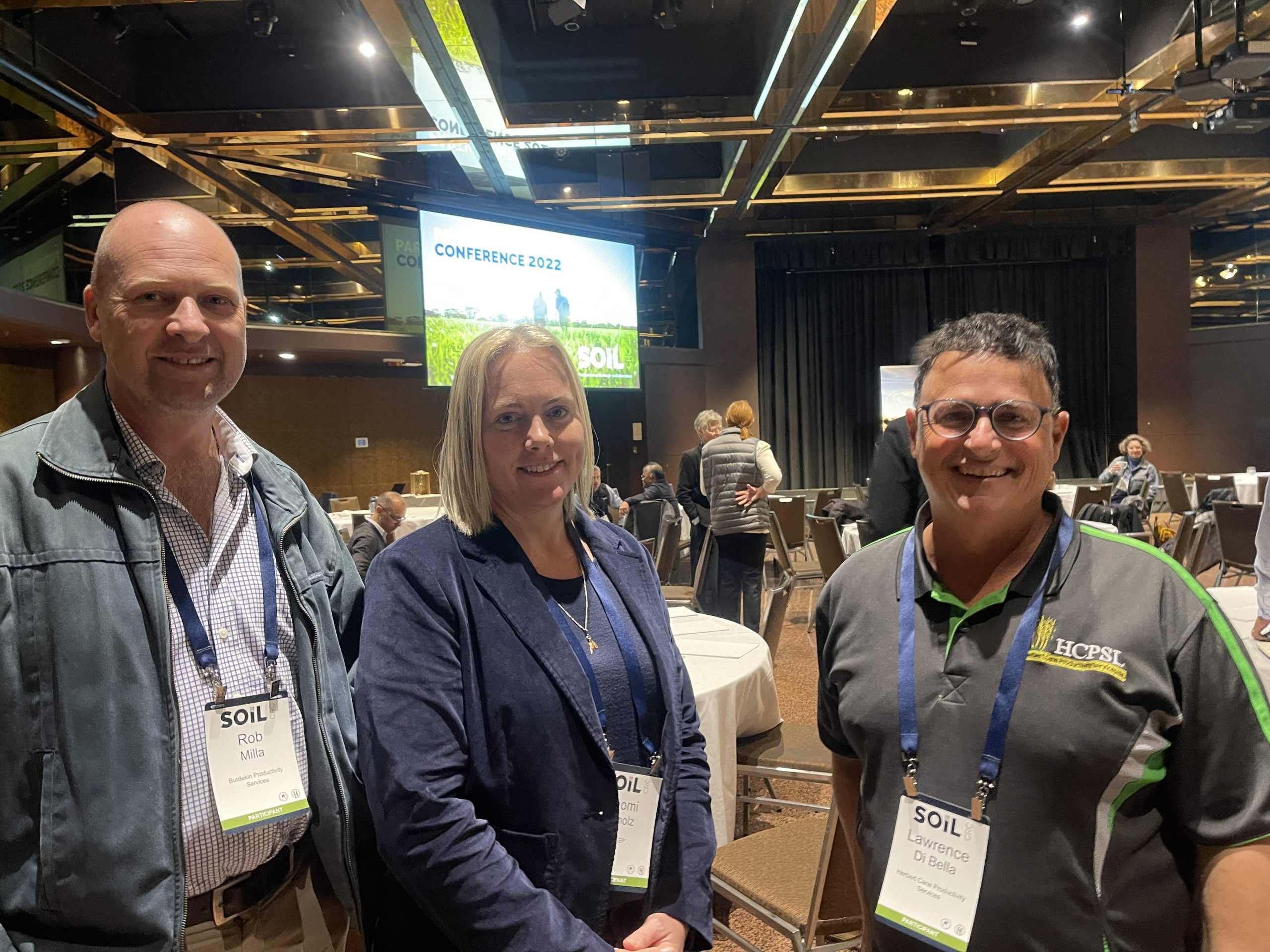
HCPSL and its sister organisation Burdekin Productivity Services signed up to become Associates of the Soil CRC, with both organisations being the only sugarcane industry groups involved. Eight universities, 21 Farming Groups and other community groups from across the country were represented and are involved in the Soil CRC, tackling issues that drive industry sustainability, productivity, and profitability.
HCPSL is involved in following projects funded by the CRC Soils:
- 2.3.001 Visualising Australia’s Soils
- 2.2.004 Affordable rapid field-based soil tests*
- 2.2.007 Rapid soil test using ‘lab-on-chip’ and an app*
- 3.1.01 Review and meta-analysis of waste-derived fertiliser products, nano-porous materials for pesticide delivery, moisture retention and microbial carrier technologies*
- 3.1.006 The value of organic amendments in unlocking soil nutrients and improving nutrient use efficiency *
- 3.2.001 Improving pesticide delivery efficiency*
- 3.3.004 New organic amendments for retaining soil moisture*
- 3.4.001 Evaluating alternative rhizobial carriers*
- 4.1.002 Plant based solutions to improve soil performance*
- 4.1.005 Evaluating ecosytems role in increasing soil carbon and soil resilience
- 4.1.007 Building soil resilience and carbon through plant diversity*
- 6.1.001 Building Capacity
Note: Those projects reviewed by HCPSL Company Manager during the conference proceedings indicated by a *.
A number of the projects have been completed, some mid-life and some just commencing.
University staff and students are working hard on issues specific to the Herbert cane industry. Some of the notable projects that are delivering outcomes are:
- The research team from Griffith University and the University of Newcastle are in their early stages of producing organic compounds that can carry imidacloprid for cane grub management.
- Recently, the team from The Universities of Newcastle and Tasmania recently visited HCPSL in Ingham, to assess rapid field-based soil tests and a ‘lab-on-chip’ and an app.
- Most of the ‘Plant based solutions to improve soil performance’ project team from Southern Cross University, HCPSL, Central West Farming Systems Group (NSW), NSW Department of Primary Industries, Murdoch University, Charles Sturt University, Facey Group (WA), Hart Farming Group (SA) and Riverine Plains Farming Group (Victoria) visited the Hart field trial site at Clare, South Australia and discussed the project findings to date.
This project will determine how soil performance and profitability are affected by increased crop diversity in rotational systems in both broadacre grains and sugarcane industries. The project will investigate the potential for plant-based solutions to improve soil performance through rhizosphere modification.
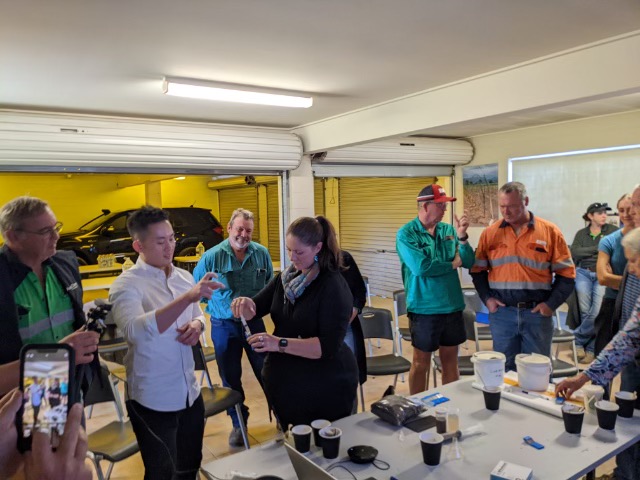
After the conference, Lawrence Di Bella (HCPSL Company Manager), visited the Hart Farming Group and South Australia No-Till Farmers Association (SANTFA) to review business operations and work undertaken.
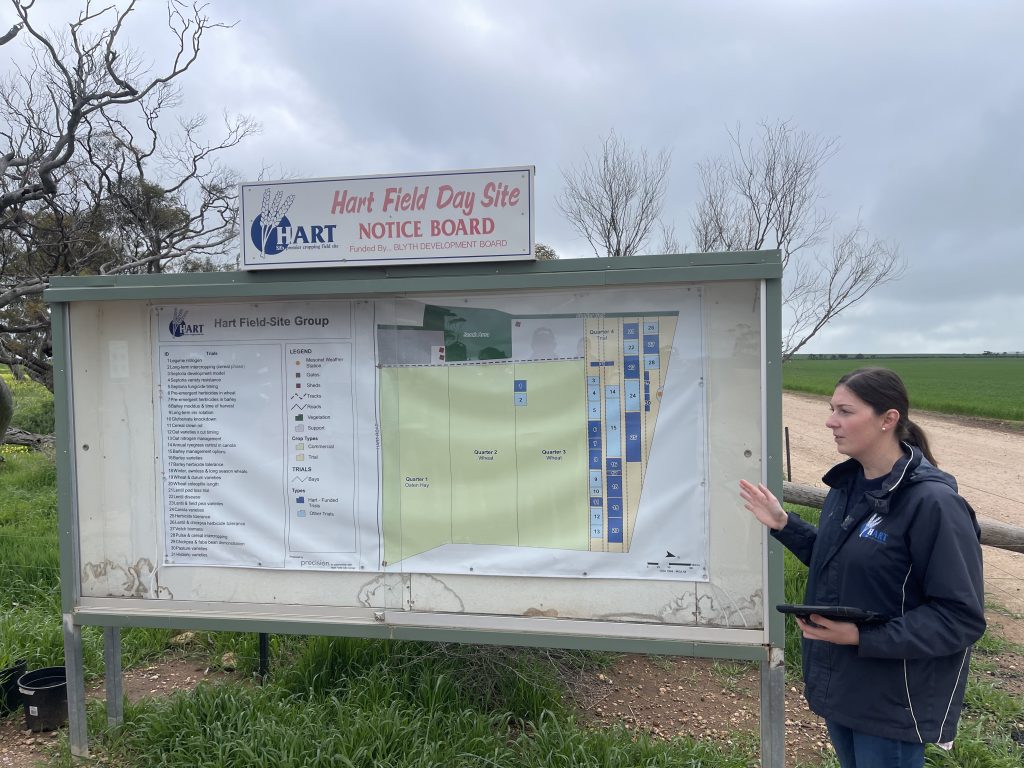
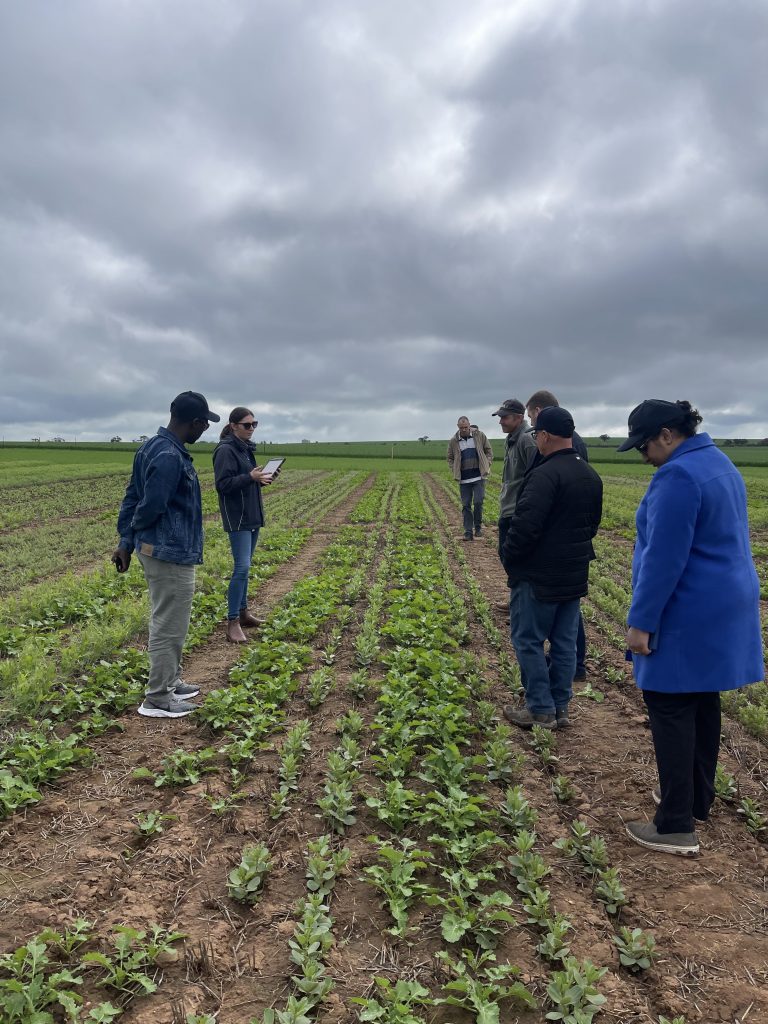
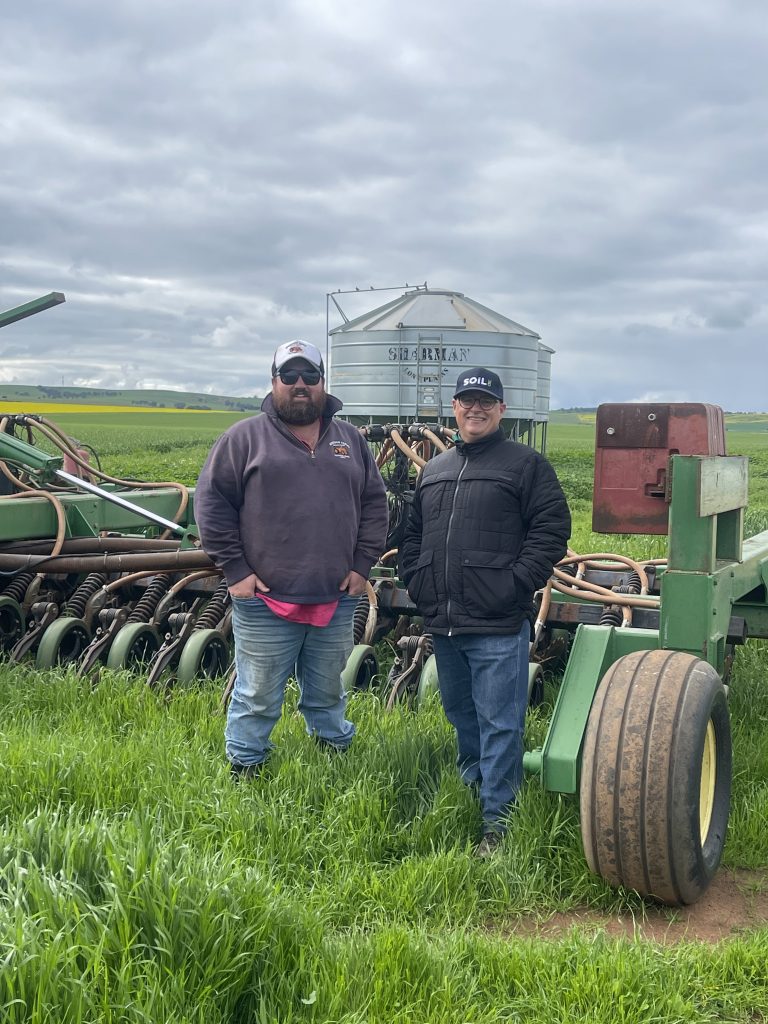
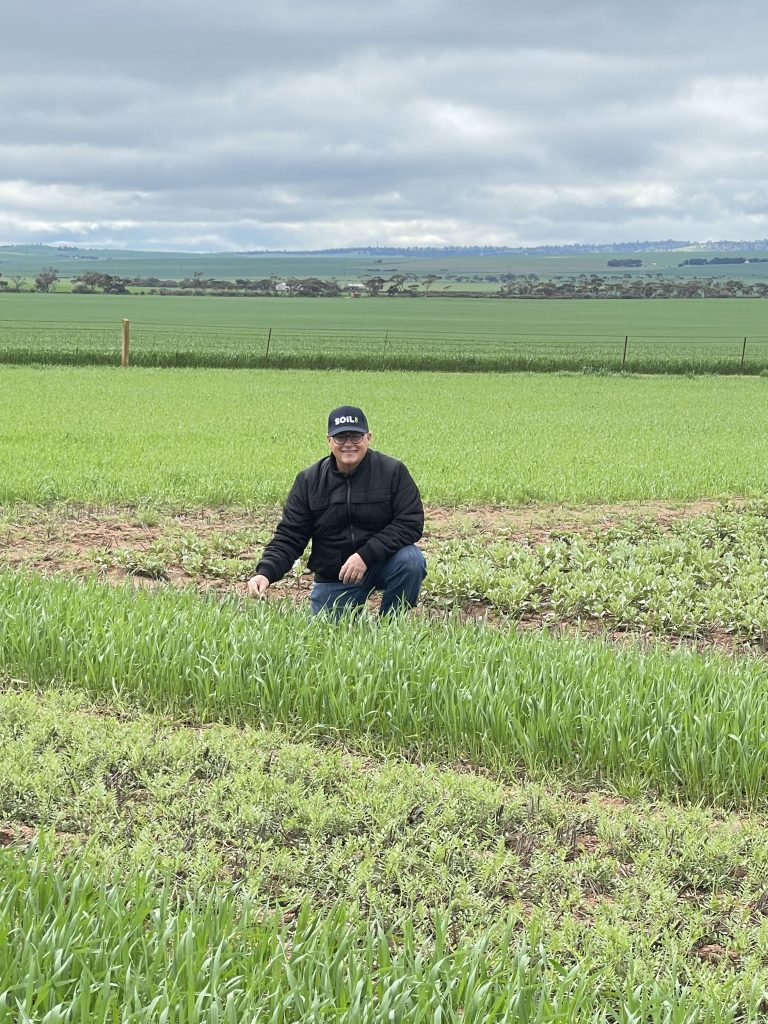
The learnings of the conference and field visits will be implemented by HCPSL over the next few months and years. We can learn a great deal and address issues our industry experiences by ‘looking over the fence’ to other agriculture industries.
For more information on the Soil CRC go to https://soilcrc.com.au






